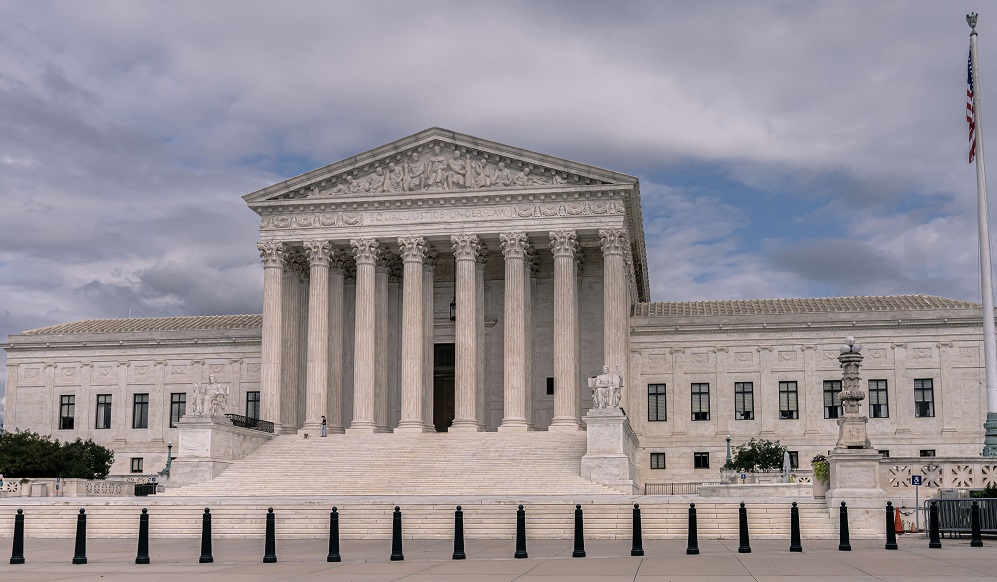Apparently, Louisiana has a new law that requires a copy of the Ten Commandments to be prominently displayed in each public school classroom in the state.
You might be thinking: Hasn’t the US Supreme Court already ruled that this kind of thing is blatantly unconstitutional?
Of course, it has. But you could say the same thing about the anti-gun laws that are being passed post-Bruen in states like New York, Illinois, and Hawaii. In fact, not too long ago, the Hawaii Supreme Court came right out and said what other states seem to be thinking: They regard SCOTUS decisions as advisory rather than binding.
I’m not a big fan of putting religion in classrooms or taking guns away from citizens, but overall, I’m encouraged by this trend. It means that people may finally be figuring out that it is not, as John Marshall claimed back in 1803, ‘the province and duty of the judicial department to say what the law is.’
For centuries, SCOTUS has — through a series of judicial opinions that are increasingly at odds with the plain words of the written Constitution — practically dared the states to start ignoring those decisions. For a while now, I’ve wondered if it was even possible for the Court to go too far, and I’ve worried that it wasn’t.
But apparently it is. I hope it’s not too late for the Court to go back to treating the document as something designed to be understood by fifth-graders rather than what it has become. In Jefferson’s words: ‘A mere thing of wax in the hands of the judiciary, which they may twist and shape into any form they please.’
You know, to go back to accepting that shall not doesn’t mean may sometimes. That when limits on a right are not stated, they don’t exist. That kind of thing.
As a good first step, we could require ISO 9000 training for judges.
